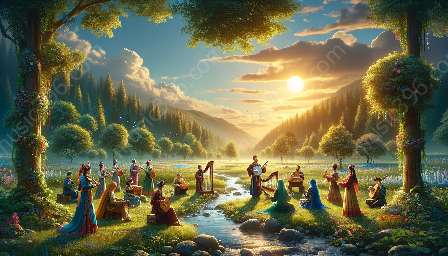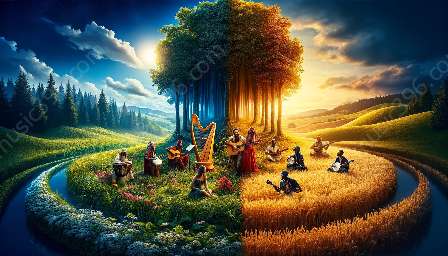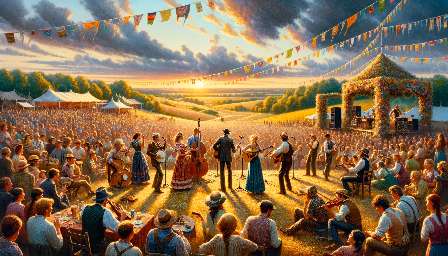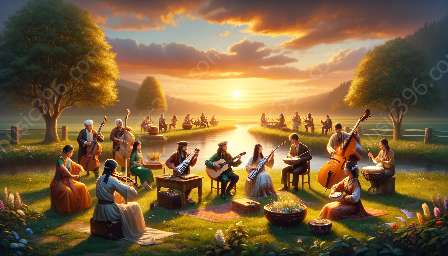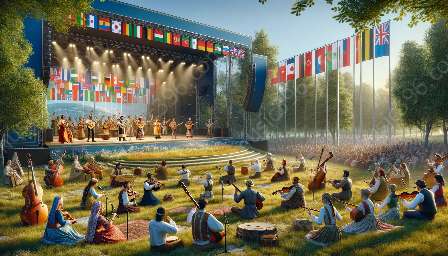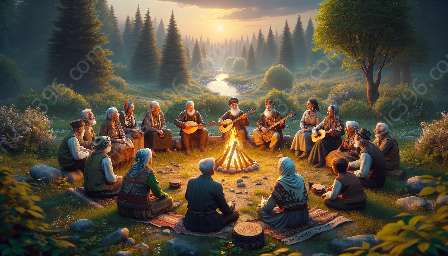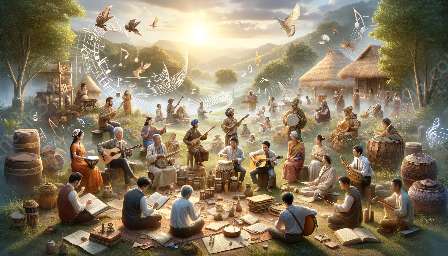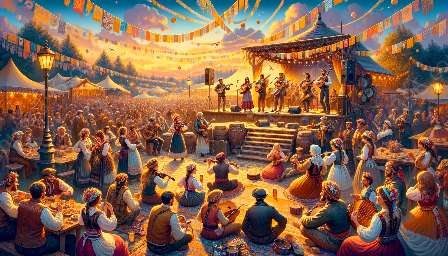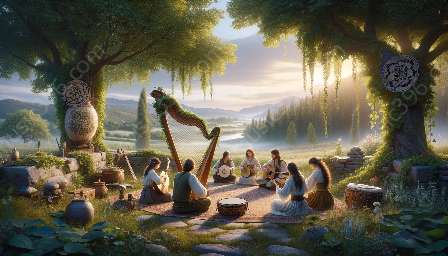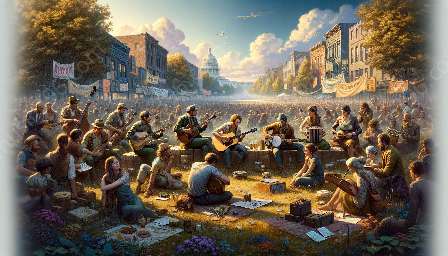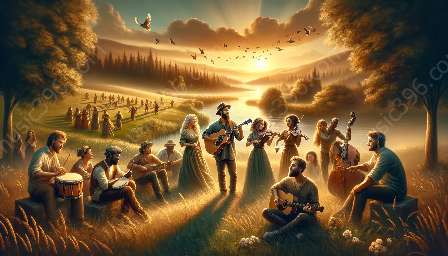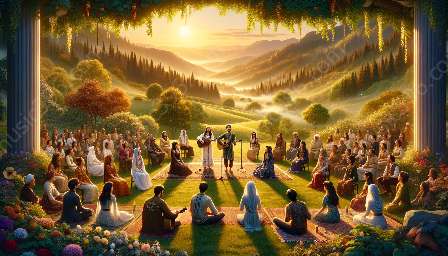Traditional music has a significant role in fostering cultural diversity and inclusivity within communities. It serves as a tool for community building, enriching the cultural tapestry and preserving heritage. By exploring the interplay between traditional music and cultural diversity, we can better understand its impact and significance.
The Interconnectedness of Traditional Music and Cultural Diversity
Traditional music reflects the unique heritage and traditions of different cultures. It embodies the essence of a community’s history, values, and beliefs, serving as a powerful medium for preserving and transmitting cultural knowledge from one generation to another. The melodies, rhythms, and lyrics in traditional music often carry the stories of a community, depicting historical events, rituals, and societal norms. The interconnectedness of traditional music and cultural diversity is evident in the diverse musical traditions found across the world, each representing a unique cultural identity.
Preservation of Cultural Identity
Traditional music plays a vital role in preserving and promoting cultural identity within communities. It serves as a vehicle for communities to express their distinct cultural heritage and traditions. By sharing traditional music, communities can assert their unique identity and foster a sense of pride and belonging among their members. Moreover, traditional music serves as a means of passing down cultural knowledge and values, sparking intergenerational dialogue and preserving intangible cultural heritage.
Promotion of Inclusivity and Unity
Traditional music has the power to promote inclusivity and unity within communities. Through shared musical experiences, people from diverse backgrounds can come together to celebrate, appreciate, and learn about different cultural traditions. Traditional music events and performances often serve as platforms for cultural exchange, where individuals can engage with and learn from diverse traditions, fostering mutual respect and understanding. Additionally, traditional music can create a sense of belonging and commonality, transcending cultural barriers and nurturing a spirit of unity.
Empowerment and Representation
Traditional music empowers communities by providing a voice to marginalized or underrepresented groups. It allows for the representation of diverse cultural narratives and experiences, shedding light on stories that might otherwise remain untold. Through traditional music, marginalized communities can reclaim their cultural heritage and challenge stereotypes, contributing to a more inclusive and equitable society. Furthermore, traditional music empowers individuals to express their identities, fostering self-confidence and pride in their cultural backgrounds.
Community Building and Social Cohesion
Traditional music serves as a powerful tool for community building and social cohesion. It creates spaces for interpersonal connection, collaboration, and mutual appreciation. By participating in traditional music activities, community members develop a sense of camaraderie and shared purpose, strengthening the social fabric of the community. Moreover, traditional music events and gatherings provide opportunities for community members to come together, celebrate cultural diversity, and form meaningful bonds, ultimately fostering a strong sense of belonging and unity.
Impact on Folk and Traditional Music
The role of traditional music in fostering cultural diversity and inclusivity greatly impacts the preservation and evolution of folk and traditional music. By embracing diverse cultural influences and narratives, traditional music contributes to the richness and dynamism of folk and traditional music traditions. It inspires innovation and creativity, leading to the reinterpretation of traditional musical elements and the emergence of new hybrid genres that reflect the changing cultural landscape.
Conclusion
Traditional music holds immense potential in fostering cultural diversity and inclusivity within communities. Its impact extends beyond the preservation of cultural heritage, empowering communities, promoting unity, and contributing to the evolution of folk and traditional music traditions. By recognizing the role of traditional music as a tool for community building, we can leverage its power to create inclusive, diverse, and vibrant communities.

